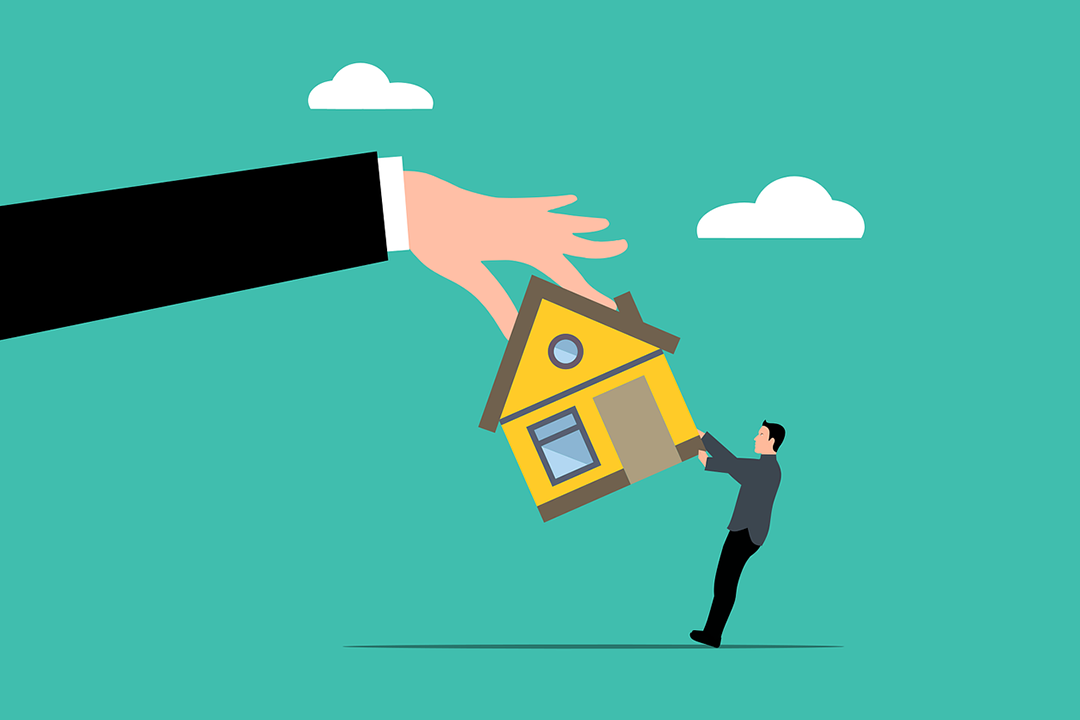

A mortgage has become a bigger and more significant part of the lives of Australians. The number of Aussies who own their home with no debt has halved over the past 20 years, while the number of retirees ending work with a mortgage has tripled.
The Australian Bureau of Statistics (ABS) has gone for a deep dive on Census data and has come up with some disturbing home-lending data. But let me add this — you have to be careful with data. As the experts in the statistics space have said for ages, there are “Lies, damned lies, and statistics!” (You can thank Mark Twain for that one.)
One of my favourite economists Dr Neville Norman once shocked an audience I was MC’ing with a great statistic, but he quickly added: “85% of good statistics are made up on the spot!”
The 5 statistics that follow aren’t made up, but their interpretation could be debated, so let’s get the big revelations from the story in the SMH today. Here goes:
1. Outright home ownership more than halved for 25 to 54-year-olds between 2001 and 2021.
2. One in five (20%) in this group owned their home outright in 2001.
3. In 2021, fewer than one in 10 (less than 10%) in that same age group own their home outright.
4. In 2001, 41.4% of people in the older group who were aged between 45 and 54 owned their home outright. However, in 2021, the number of people in that older age bracket was just 18.5%.
5. The proportion of people with mortgages in retirement years has tripled.
Domain’s chief economist and researcher Nicola Powell pointed to the obvious reasons for higher prices - bigger mortgages and needing a longer time to pay off a home.
But it’s more than that.
The SMH’s Rachel Clun unearthed another reason from Chris Martin, a senior research fellow at the City Futures Research Centre at UNSW. He said, “some people are using their housing as security and keeping their mortgages open for other purposes, including buying investment properties”. Martin also argues that governments helping buyers/borrowers into homes with first home buyers grants and the like have helped take house prices higher. He says $20 billion has been ploughed into housing assistance policies over the past 10 years!
But there are other reasons for lower debt-free home ownership and triple the number of retirees living with mortgages:
1. A lot of older working Australians and retirees have opened up a financial business called ‘The Bank of Mum & Dad’ to help their older kids get into property.
2. Compare some of the homes of today to those of 20 years ago. They have air conditioning, swimming pools, media rooms, marble everything and landscaping. The impact of TV programs like The Block, Grand Designs and so on have made Aussies DIY kings and queens, as well as committed/addicted renovators. While this means the homes could be more valuable, a lot of these renovations meant owners reduced their equity in their homes and took on more debt.
3. The financial innovation of redraw facilities and lines of credit has meant homeowners can fund a car purchase, business expansion, holiday and school fees via their loans, which reduces the chance of outright home ownership.
4. Many homeowners have worked to build up their super at the expense of killing the mortgage because of the desire to build a nest egg that will ultimately deliver tax-free income.
5. Many investor-oriented homeowners have used the equity in their home loan to secure an investment loan to buy another property and that’s kept them in debt with a home loan.
6. Lastly, with house prices rising, it becomes easy to ignore a relatively shrinking debt. According to data provided by the Australian Bureau of Statistics, the national capital gain over the past 10 years comes to 70%. The biggest part of that gain has been since 2019.
Clearly, rising house prices have stopped a lot of people from easily paying off their mortgages, which would partly explain why retirees end their working life with a mortgage. But when you delve deeper into what Australians are doing by managing their debt to pursue both better living and investing outcomes, these surprise statistics become less surprising. That said, if we end up in recession (which I don’t expect any time soon) and/or house prices collapse (which is possible), then some of these adventurous investors with big debts could be in a spot of bother.